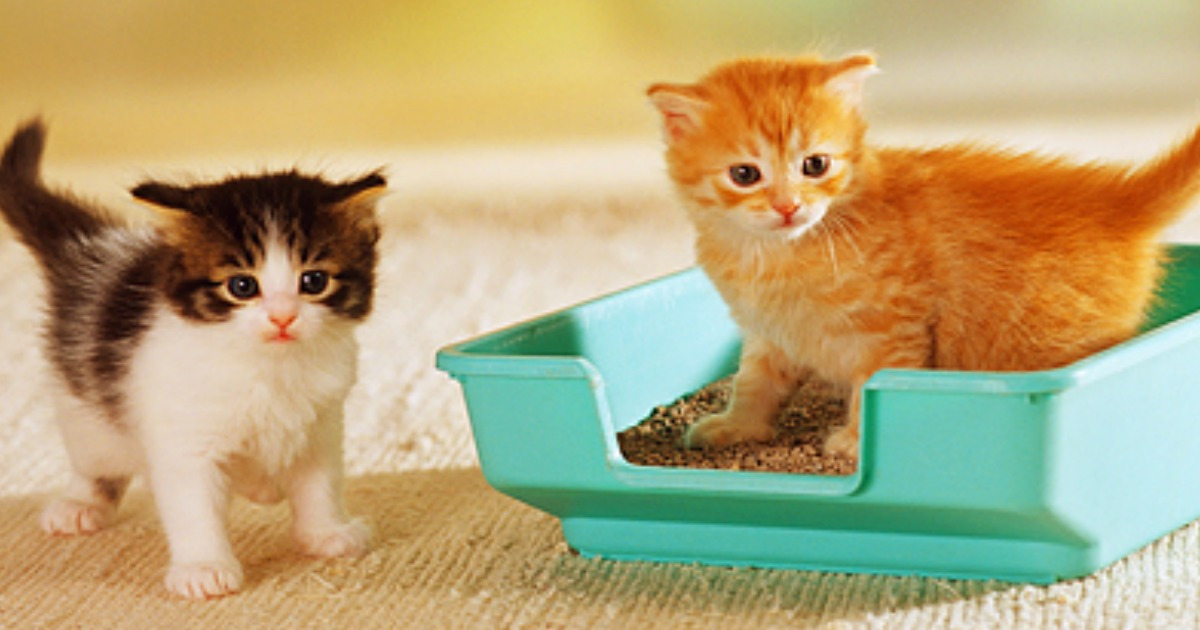A Parasite Found in Your Cat’s Poo Can Affect Your Decision Making

Science gets weird sometimes, but bear with us for a moment to find out how your cat’s poo can affect the way you make decisions. We’re not talking about the decision to throw away the smelly litter tray; we’re talking about cat poop and what it contains.
There is an organism in the feces of cats that is called Toxoplasma gondii, which is a protozoan parasite that invades the brain. This parasite changes the way a human acts, making it more likely to take risks and to overcome certain fears. But before you expose yourself to your cat’s poo, consider reading the whole article.
The study was published in Proceedings of the Royal Society B by Dr. Stefanie Johnson (University of Colorado’s Leeds School of Business, US) and her colleagues. They argue that:
“Populations with higher T. gondii infection had greater intentions to start a business and higher levels of active entrepreneurship behaviours. Countries with higher T. gondii prevalence generally had a lower fraction of respondents who cited “fear of failure” as a factor preventing them from initiating a business-related enterprise.’
After enrolling 1,300 US students in their study, the team exposed the students to the parasites, waiting for the results, which were quite incredible. The ones exposed to the parasite were 1.7 more likely to major in ‘management and entrepreneurship.’
Analysis of 42 countries that had higher exposure to the parasitic infection showed an increase in ‘entrepreneurial activity.’
The Negative Effects
But there are also some negative effects associated with this parasite. Removing the fear of failure seems to also be linked to car accidents, suicide and neuroticism. Early studies also show that toxoplasmosis is linked to schizophrenia, bipolar disorder and it can make men less sociable and women the other way around:
“They [women] are more warm-hearted, outgoing and easy-going than the more reserved, detached and critical Toxoplasma-free women,” reads a study in the
Studying the effect on rats showed that the parasite increased the chances of being killed because the rats took more risks and are no longer afraid of cats!
The common symptoms of being infected with the parasite are just those of the mild flu and nothing more.
0 comments